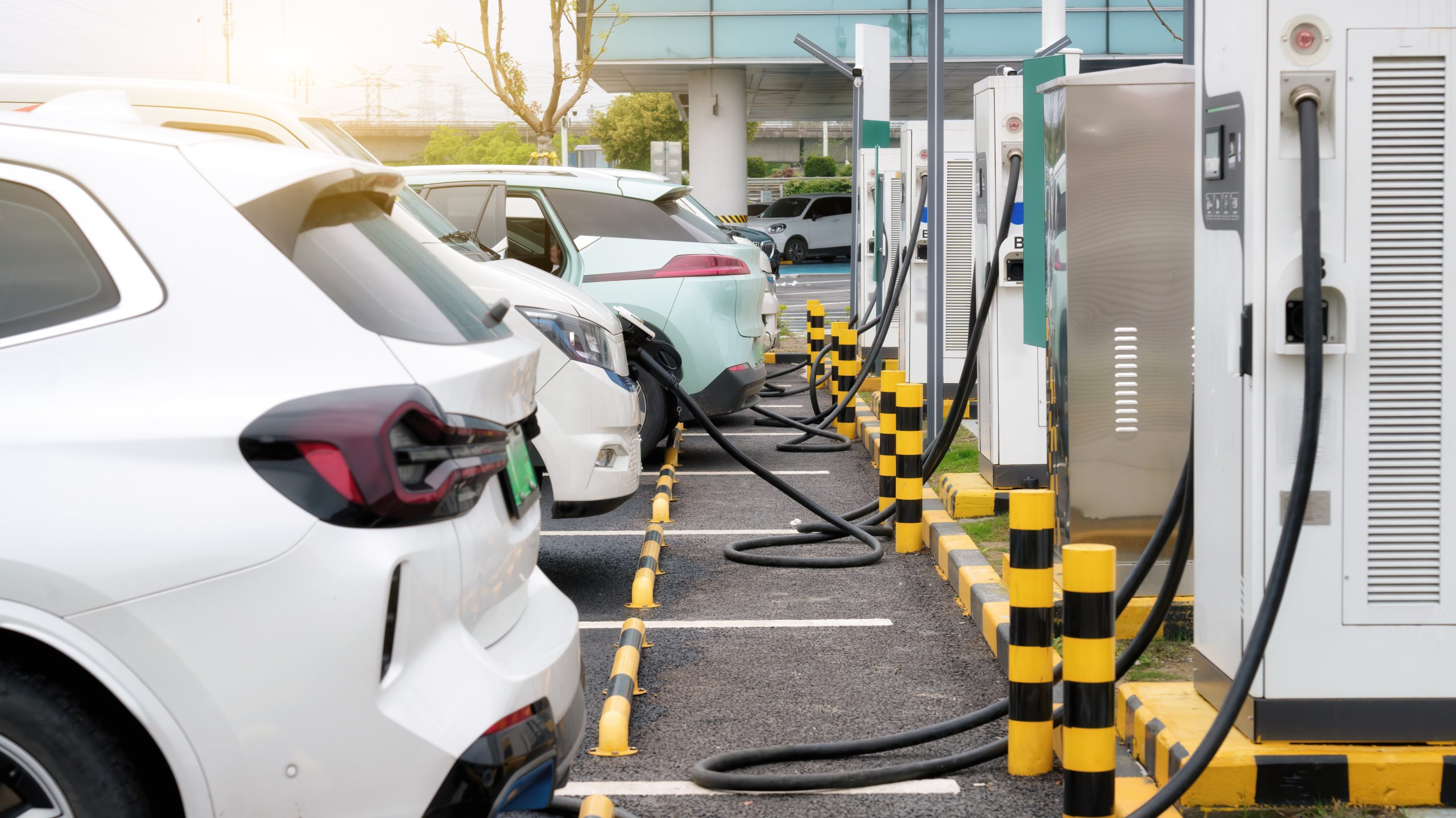Home › Technology › How Smart Homes in Singapore are Transforming the Way We Live
Home › Technology › How Smart Homes in Singapore are Transforming the Way We Live
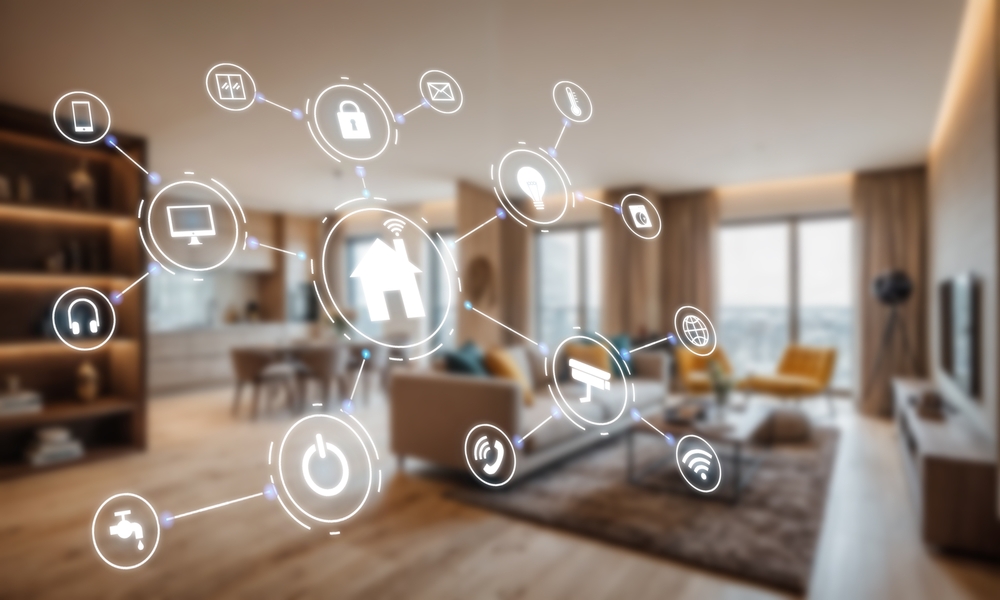
Voice-controlled appliances, AI-powered security, and energy-saving automation — smart homes are revolutionising everyday living. Here’s what you need to know.
You walk up to your front door, and it unlocks automatically. The lights turn on at just the right brightness, your favourite playlist starts playing on command. Meanwhile, Alexa informs you that your laundry is washed, and dinner is ready in the slow cooker. Welcome to a smart home — where connected devices work together to enhance convenience, security, and efficiency.
In Singapore, smart home adoption is rising, supported by government initiatives such as the Smart Nation programme. Launched in 2014, this initiative has strengthened digital infrastructure, cybersecurity laws, and digital literacy among residents. With 96% internet penetration in 2024 and a growing ecosystem of smart devices powered by the Internet of Things (IoT), Singapore is well-positioned for the next era of smart living.
The number of smart homes here has surged from 266,100 in 2019 to 712,200 in 2024, and it is projected to exceed 1.5 million by 2028. The Housing & Development Board (HDB) is also integrating smart technologies into urban planning, ensuring entire towns — not just individual homes — become smarter.
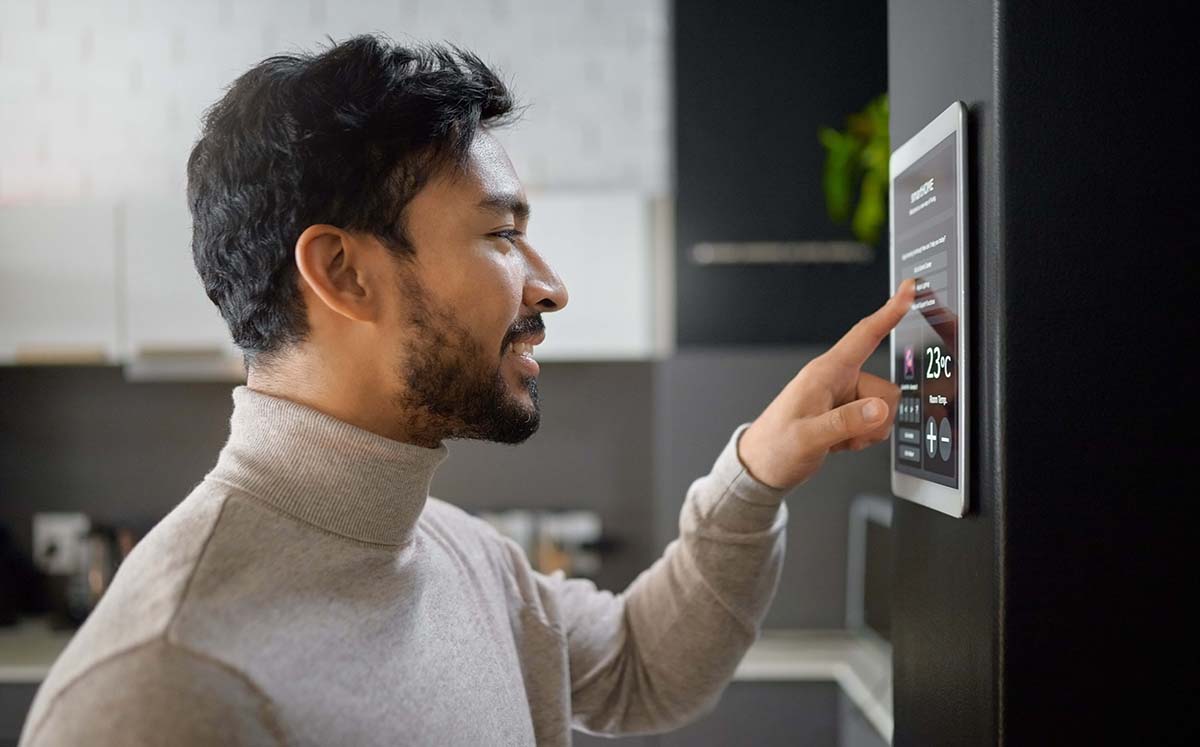
One of the biggest attractions of smart homes is the unmatched convenience they offer. By connecting smart home devices to a central hub like Google Assistant or Amazon Alexa, homeowners can seamlessly control household tasks remotely.
From smart fridges that track groceries and read out recipes, to robotic vacuum cleaners that clean without lifting a finger, to smart lighting that can adjust to your mood — these devices make everyday living effortless. Even your coffee machine can be programmed to prepare your morning brew just as you wake up. The possibilities are endless.
With advancements in IoT technology, smart home devices are becoming more sophisticated. AI-driven analytics enable these devices to learn user preferences and respond to real-time data, creating highly personalised experiences. For instance, smart air-conditioners can adjust settings based on ambient temperature and humidity, while emotion-aware devices use sensors and AI to detect emotions through voice, facial expressions, and physiological signals — enhancing comfort and automation in daily life.
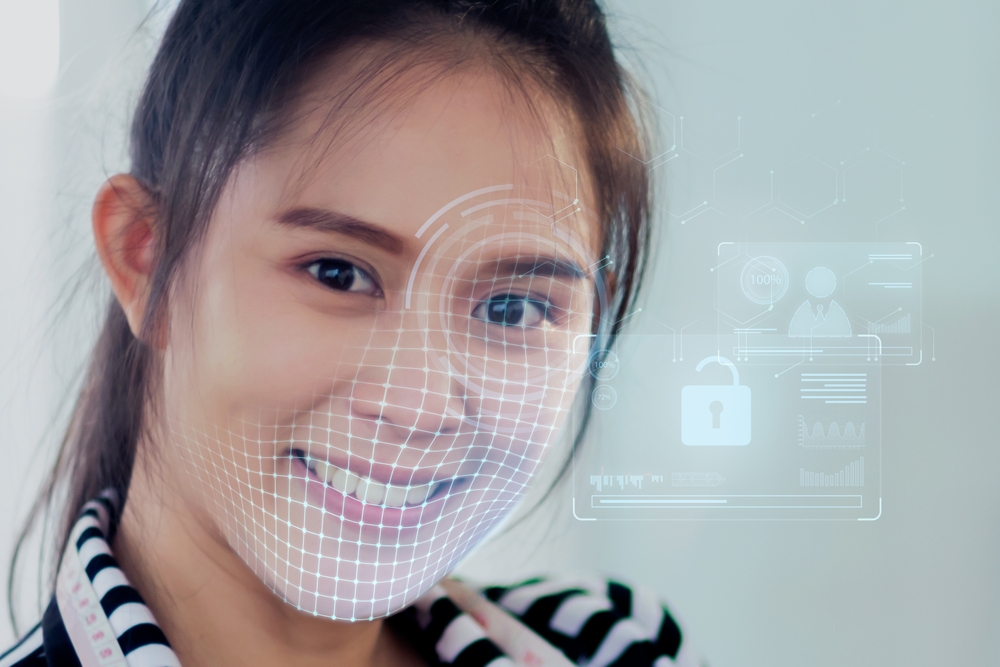
Security is a major driver of smart home adoption. Smart locks with fingerprint or facial recognition ensure only authorised individuals can enter. Motion sensors detect movement and alert homeowners, while AI-powered security cameras provide real-time monitoring, enhancing home safety.
For seniors, smart home features can improve independent living, which helps seniors to age-in-place. Smart doorbells allow seniors with mobility issues to see who is at the door without physically checking, while fall-detection cameras notify caregivers in emergencies. Voice assistants also enable hands-free calls for help and remind seniors of their medication and appointments.
The Ministry of Health (MOH) is already leveraging smart home technologies for senior care. For example, the Alert Alarm System, jointly developed by HDB, MOH, and GovTech, allows elderly residents in selected rental flats to call for help with a single button press.
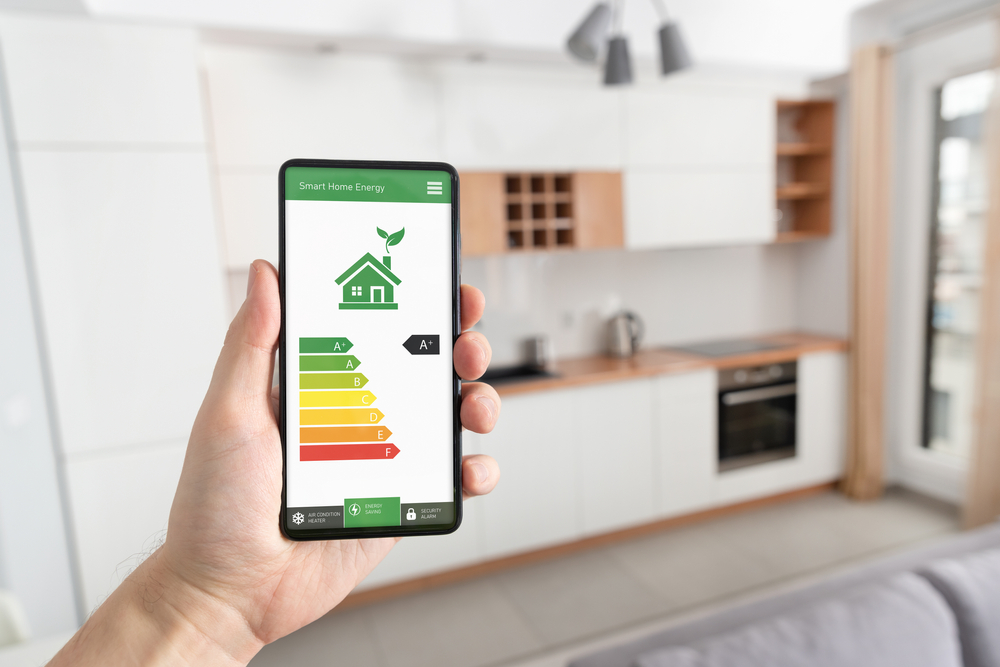
Smart home devices not only enhance comfort but also improve energy efficiency, reducing electricity and water bills.
Singapore is actively driving sustainable living. The government aims to reduce energy use in HDB estates by 15% by 2030, as part of its net-zero emissions goal for 2050. Under the Climate Friendly Households Programme, HDB residents received $300 Climate Vouchers in 2024 to buy energy-efficient LED bulbs and appliances such as direct current fans and washing machines. From 15 April 2025, eligible HDB households can claim an additional $100 in Climate Vouchers. The programme will also extend to Singapore Citizen households residing in private residential properties.

A smart TV does more than stream movies — it integrates seamlessly with voice assistants, allowing hands-free control over channels, volume, and even gaming consoles. AI-powered entertainment systems curate personalised content, making movie nights effortless.
With Singapore’s extensive 5G network, streaming services offer lag-free experiences, and virtual reality (VR) gaming becomes more immersive. 5G also enhances real-time responsiveness for smart devices, ensuring seamless automation.
THE CHALLENGES OF ADOPTION
Despite its many benefits, transitioning to a smart home comes with its own set of hurdles:
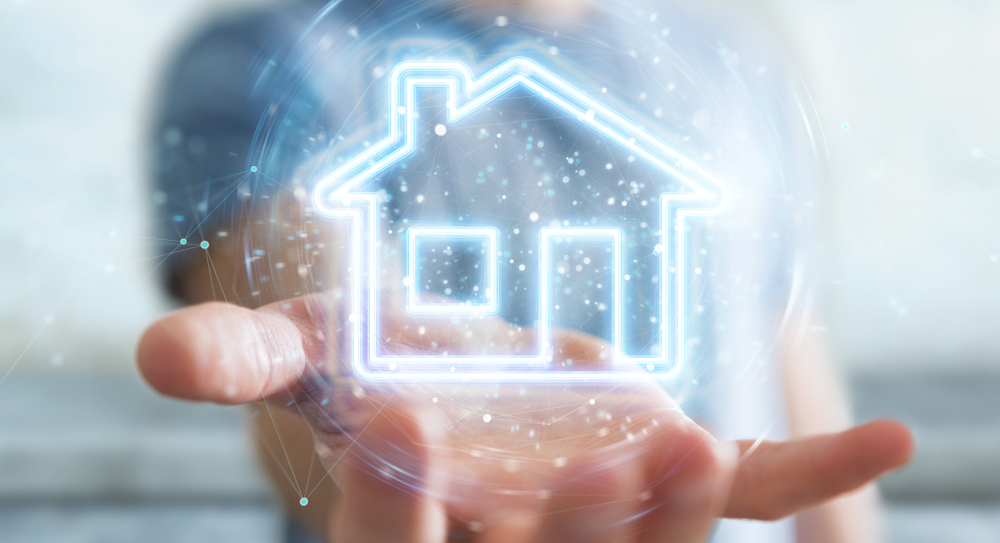
While the initial setup may be costly, a smart home can enhance convenience, improve efficiency, and provide peace of mind in the long run. It allows you to automate tasks, monitor loved ones remotely, and manage household chores even when you’re away. If you’re considering incorporating smart home features, here are some key steps to get started:
As technology advances and smart solutions become more accessible, smart homes are no longer just a trend but a way of life that is here to stay. By planning strategically, you can create a smart home that enhances your daily life with greater convenience, security, and efficiency — all without overspending.
Like our stories? Subscribe to our Frontline Digital newsletters now! Simply download the HomeTeamNS Mobile App and update your communication preference to ‘Receive Digital Frontline Magazine’, through the App Settings.




